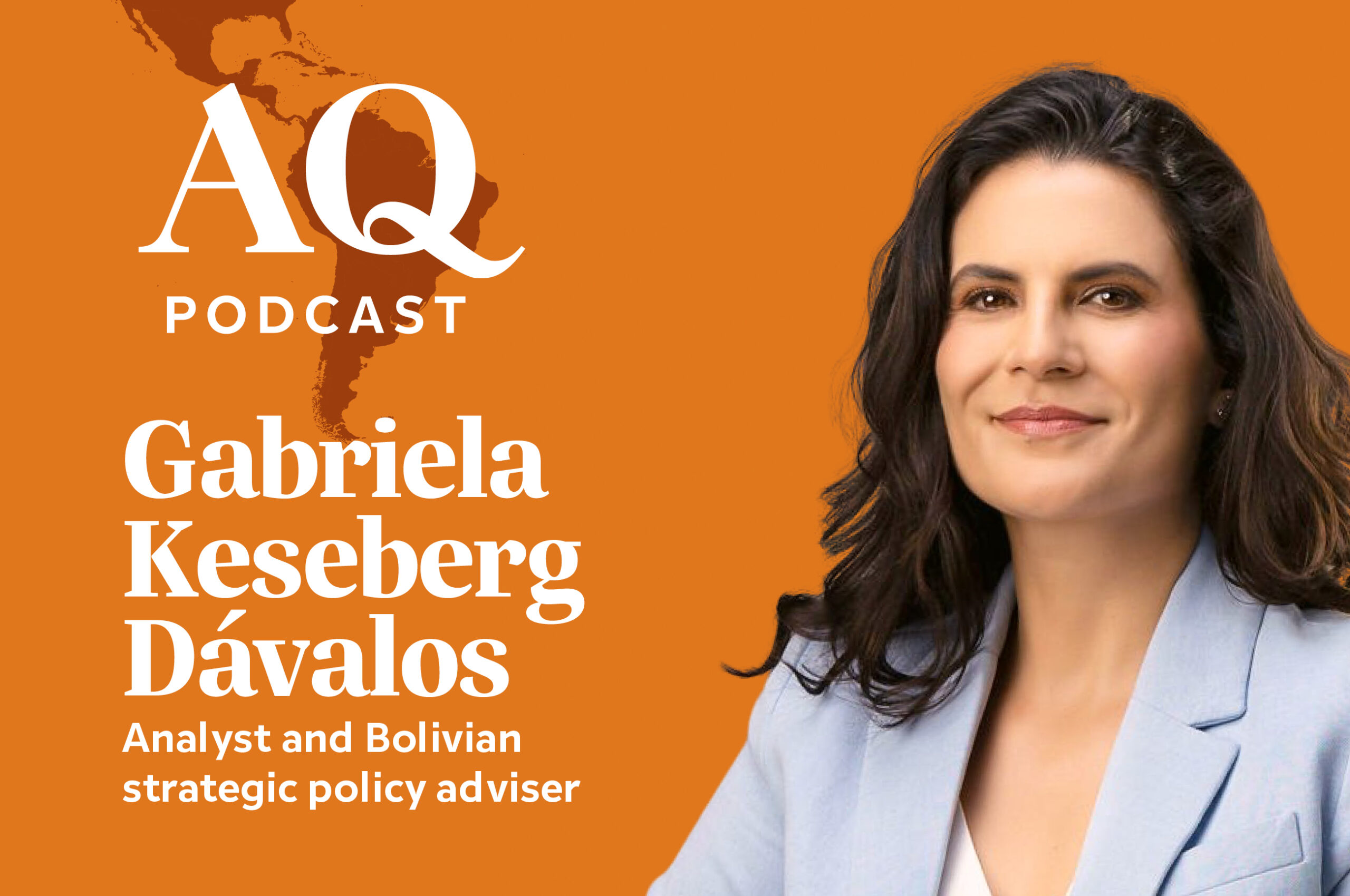The IMF's Ilan Goldfajn on Latin America and the Caribbean's 2022 Economic Outlook
The IMF's Ilan Goldfajn on Latin America and the Caribbean's 2022 Economic Outlook
The newly installed Western Hemisphere Department director talked about the fund's agreement with Argentina, inflation factors, recovery, and more.
Speakers
- Ilan Goldfajn, Director, Western Hemisphere Department, International Monetary Fund
- Susan Segal, President and CEO, Americas Society/Council of the Americas
“Inclusive consolidation is a way to preserve the fiscal responsibility and at the same time deal with what the societies have demand and elected,” said Ilan Goldfajn in a discussion with AS/COA's Susan Segal. His remarks focused on how the IMF is working to preserve strong fiscal conditions in Latin America and the Caribbean while still increasing growth potential and addressing inequalities.
Goldfajn acknowledged that pandemic worsened global fiscal conditions, driving up inflation and debt as governments spent to provide relief to citizens and stabilize economic conditions. “Part of the inflation is global but part of the inflation is locally produced,” he said about Latin America. Still, the region's governments and central banks are global leaders in their proactive measures and markets have reacted positively, he said. Regarding the status of the IMF's agreement with Argentina, "We are in very close engagement with the Argentine authorities in order to reach a staff-level agreement," Goldfajn said, with “intense negotiations” taking place daily. The program under discussion, he said, is “realistic, pragmatic, and credible.”
Asked by Segal what major opportunities he sees for Latin America on its economic recovery path, Goldfajn cited digitalization, financial inclusion, and the enthusiasm of young Latin Americans in politics as encouraging factors. He also said the private sector has a major role to play realizing a better future for the region. "The private sector needs to use their ideas and their motivation to increase investment and increase productivity and make the region grow. At the same time, the public sector needs to give the conditions so the private sector feels comfortable," he concluded.








